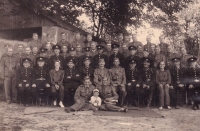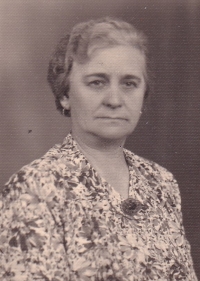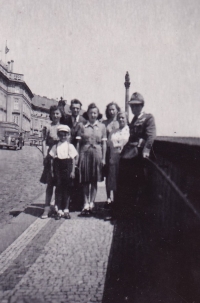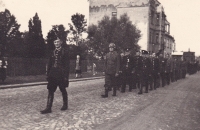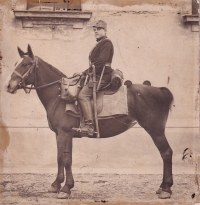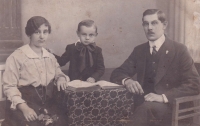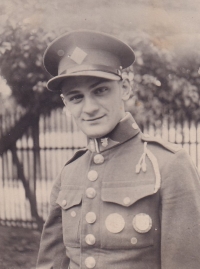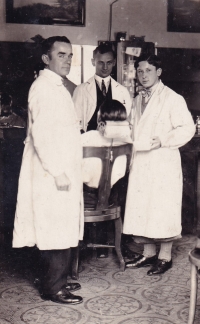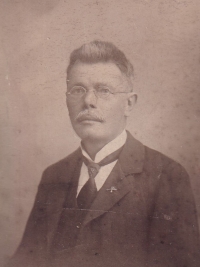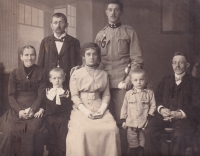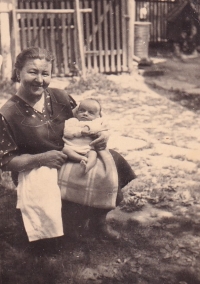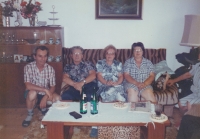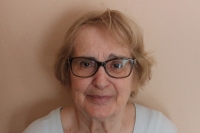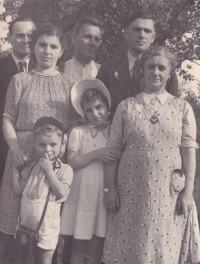The ribbons were sold out right away, everybody wanted a tricolour
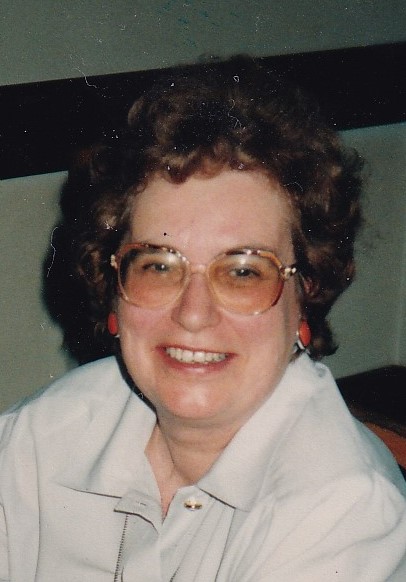
Download image
Věra Šímová, née Kuželková, was born on 12 December 1934 in Dvůr Králové nad Labem. Her father Antonín Kuželka, a trained hairdresser, worked as a clerk, her mother Božena as a manager of a glass and porcelain shop. Věra’s grandfather Hugo Kuželka fought in the Austro-Hungarian army during the World War I. He was taken captive in May 1918 and from August he fought in the ranks of the Czechoslovak legions in Italy. During the World War II Hugo Kuželka helped the resistance fighters operating in the vicinity of Jaroměř in the Náchod region - Věra spent part of the war period there. After the assassination of Reinhard Heydrich in 1942, the Gestapo arrested and held her father Antonín for about a fortnight, but he had nothing to do with Heydrich’s death. Věra and her parents lived through the liberation in Dvůr Králové, immediately after which they moved to Trutnov. In 1954 Věra Kuželková married Jan Šíma and together they raised their son Jan and daughter Radomila. In August 1968, the whole family was seeing relatives in Vienna. After the invasion of the Warsaw Pact troops, Věra wanted to stay in the West - her relatives offered them work and housing in Vienna. However, at her husband’s request, they returned together to occupied Czechoslovakia. Věra retired in 1990, before that she worked at the regional national committee. In 2022 she was living in Ostopovice in the Brno region.
